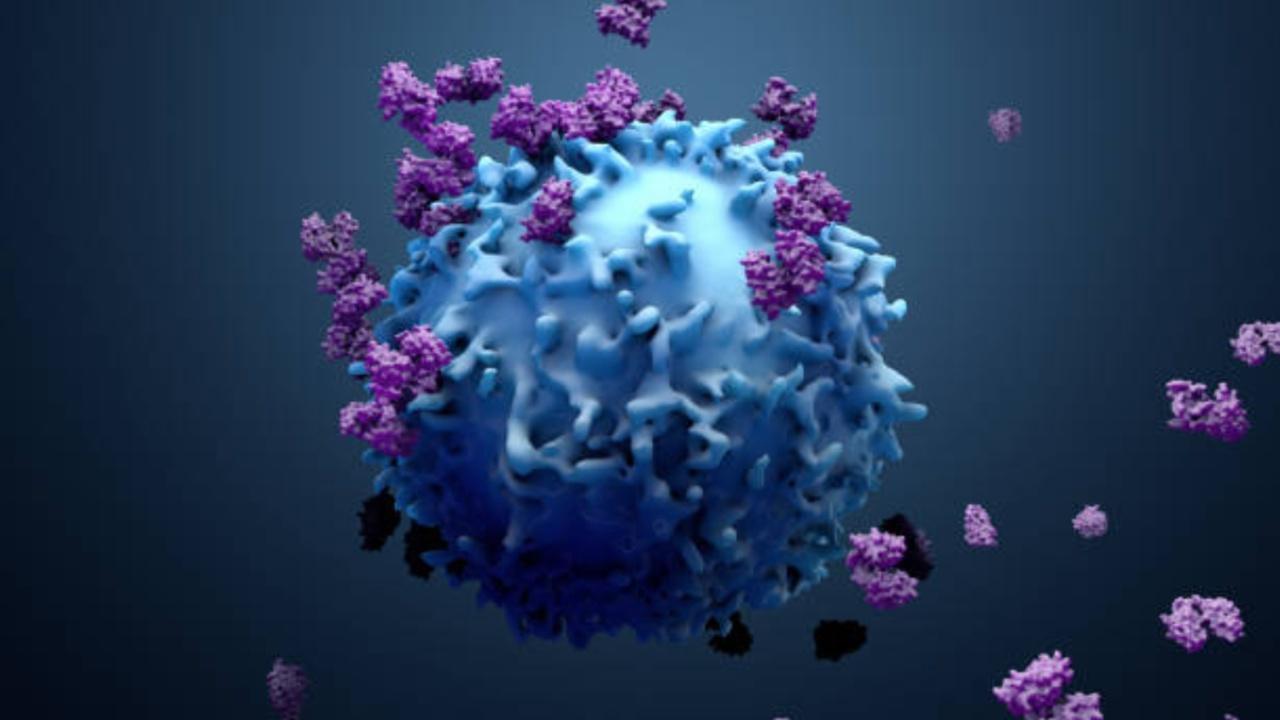For decades, researchers have believed that a class of drugs called microtubule poisons treat cancerous tumours by halting mitosis, or the division of cells

Image for representational purposes only. Photo Courtesy: iStock
Chemotherapy may not be reaching its full potential, in part because researchers and doctors have long misunderstood how some of the most common cancer drugs actually ward off tumours, according to a new study.
ADVERTISEMENT
For decades, researchers have believed that a class of drugs called microtubule poisons treat cancerous tumours by halting mitosis, or the division of cells.
Now, a team of University of Wisconsin-Madison scientists has found that in patients, microtubule poisons don't actually stop cancer cells from dividing. Instead, these drugs alter mitosis -- sometimes enough to cause new cancer cells to die and the disease to regress.
Cancers grow and spread because cancerous cells divide and multiply indefinitely, unlike normal cells which are limited in the number of times they can split into new cells.
The assumption that microtubule poisons stop cancer cells from dividing is based on lab studies demonstrating just that.
Published in the journal PLOS Biology the study broadens previous findings about a specific microtubule poison called paclitaxel.
Sometimes prescribed under the brand name Taxol, paclitaxel is used to treat common malignancies including those originating in the ovaries and lungs.
"For decades, we all thought that the way paclitaxel works in patient tumours is by arresting them in mitosis. This is what I was taught as a graduate student. We all 'knew' this. In cells in a dish, labs all over the world have shown this. The problem was we were all using it at concentrations higher than those that actually get into the tumour," said Beth Weaver, a professor in the departments of oncology and cell and regenerative biology about the previous research.
Weaver and her team wanted to know if other microtubule poisons work the same way as paclitaxel -- not by stopping mitosis but by messing it up.
The team studied tumour samples taken from breast cancer patients who received standard anti-microtubule chemotherapy. They measured how much of the drugs made it into the tumours and studied how the tumour cells responded. They found that while the cells continued to divide after being exposed to the drug, they did so abnormally.
This abnormal division can lead to tumour cell death.
Normally, a cell's chromosomes are duplicated before the two identical sets migrate to opposite ends of the cell mitosis in a process called chromosomal segregation. One set of chromosomes is sorted into each of two new cells. This migration occurs because the chromosomes are attached to a cellular machine known as the mitotic spindle. Spindles are made from cellular building blocks called microtubules. Normal spindles have two ends, known as spindle poles.
Weaver found that paclitaxel and other microtubule poisons cause abnormalities that lead cells to form three, four or sometimes five poles during mitosis even as they continue to make just one copy of chromosomes.
These poles then attract the two complete sets of chromosomes in more than two directions, scrambling the genome.
"So, after mitosis you have daughter cells that are no longer genetically identical and have lost chromosomes," Weaver said. "We calculated that if a cell loses at least 20 per cent of its DNA content, it is very likely going to die."
These findings reveal the likely reason why microtubule poisons are effective for many patients. Importantly, they also help explain why attempts to find new chemo drugs based solely on stopping mitosis have been so disappointing, Weaver said.
This story has been sourced from a third party syndicated feed, agencies. Mid-day accepts no responsibility or liability for its dependability, trustworthiness, reliability and data of the text. Mid-day management/mid-day.com reserves the sole right to alter, delete or remove (without notice) the content in its absolute discretion for any reason whatsoever
 Subscribe today by clicking the link and stay updated with the latest news!" Click here!
Subscribe today by clicking the link and stay updated with the latest news!" Click here!







